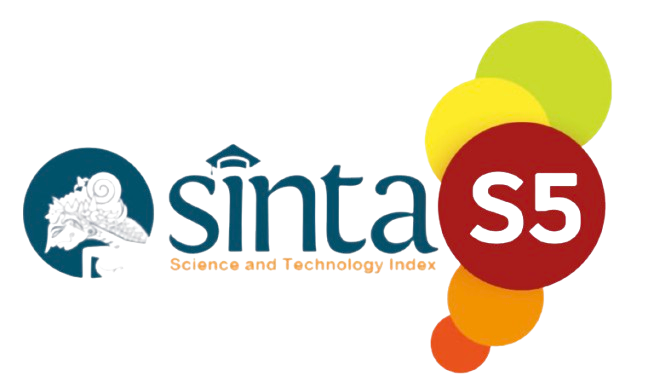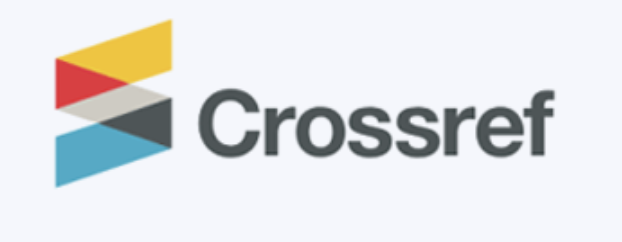OBE Curriculum and EFL Learning: A Comparative Study between Khulna University and NUBTK
DOI:
https://doi.org/10.52217/ijlhe.v8i2.1933Keywords:
Outcome-based education, EFL learning, curriculum alignment, skill developmentAbstract
The alignment between OBE curricula and EFL learning outcomes plays a crucial role in shaping students’ language proficiency and academic success. This study aims at exploring the effectiveness of OBE in EFL context at KU and NUBTK through a comparative analysis of 80 undergraduate students’ perceptions. And their perceptions were collected through a survey questionnaire. The results suggest that KU students perceived clearer learning outcomes, better English proficiency, and a more structured integration of course materials. The effectiveness of feedback mechanisms, critical thinking enhancement, and real-world applications was also perceived to be higher at KU. In contrast, NUBTK students exhibited more varied responses, with a higher proportion of neutral perceptions, suggesting inconsistencies in curriculum implementation. Despite these differences, both institutions showed no statistically significant variation in reading and writing skill development, indicating comparable effectiveness in these areas. However, KU students perceived significantly stronger improvements in speaking confidence and analytical skills, reinforcing the notion that well-structured OBE implementation enhances student learning experiences. Nevertheless, to address the limitation of this study, future works should explore faculty perspectives, conduct longitudinal studies, and include qualitative methods. Moreover, institutions should refine their OBE frameworks to ensure that students acquire the linguistic and cognitive skills necessary for academic and professional success.
References
Akramy, S. A. (2021). Implementation of outcome-based education (OBE) in Afghan universities: Lecturers’ voices. International Journal of Quality in Education, 5(2), 30-47.
Biggs, J., & Tang, C. (2011). Teaching for quality learning at university: What the student does (4th ed.). Open University Press.
Brown, H. D. (2007). Principles of language learning and teaching (5th ed.). Pearson Longman.
Canale, M., & Swain, M. (1980). Theoretical bases of communicative approaches to second language teaching and testing. Applied Linguistics, 1(1), 1-47.
Chowdhury, R., & Das, C. (2022). Disruptive factors in implementing outcome-based education curriculum at tertiary business education: A focus on institutional readiness. Canadian Journal of Business and Information Studies, 4(4), 72-85. DOI: 10.34104/cjbis.022.072085
Council of Europe. (2020). Common European framework of reference for languages: Learning, teaching, assessment (Companion volume). Council of Europe Publishing. www.coe.int/lang-cefr
Ellis, R. (2008). The study of second language acquisition (2nd ed.). Oxford University Press.
Haque, M. F. (2025). OBE system explanations—An implementation of cognitive domain on theory course. Sinergi International Journal of Education, 3(3), 139-152. https://doi.org/10.61194/education.v3i3.273
Haque, M. S., & Hasan, M. M. (2023). Outcome-based living ELT curriculum in higher education in Bangladesh. In R. Khan, A. Bashir, B. L. Basu & M. E. Uddin (Eds.), Local research and glocal perspectives in English language teaching: Teaching in changing times (pp. 95-110). Springer.
Khan, M. S. H., Salele, N., Hasan, M., & Abdou, B. O. (2023). Factors affecting student readiness towards OBE implementation in engineering education: Evidence from a developing country. Heliyon, 9, 1-16. https://doi.org/10.1016/j.heliyon.2023.e20905
Killen, R. (2007). Teaching strategies for outcomes-based education. Juta.
Leong, D. C. P. (2022). Outcome-based education in open distance learning: A study on its implementation amidst the pandemic. Malaysian Journal of Social Sciences and Humanities (MJSSH), 7(9), 1-23. DOI: 10.47405/mjssh.v7i9.1747
Macalister, J., & Nation, I. S. P. (2010). Language curriculum design. Routledge.
Milon, M. R. K., Imam, M. H., & Muhury, P. (2024). Transforming the landscape of higher education in Bangladesh: Teachers’ perspectives on implementing Outcome Based Education (OBE). ICRRD Journal, 5(2), 117-135. https://doi.org/10.53272/icrrd.v5i2.2
Rahman & Phyak, (2022). Medium of instruction, outcome-based education, and language education policy in Bangladesh. In L. Adinolfi, U. Bhattacharya & P. Phyak (Eds.), Multilingual education in South Asia: At the intersection of policy and practice (pp. 132-148). Routledge.
Rahnuma, N. (2020). The Bangladeshi higher education quality assurance framework: a pathway for transformation. Quality in Higher Education, 26(1), 14-31. DOI: 10.1080/13538322.2020.1729309
Richards, J. C., & Rodgers, T. S. (2014). Approaches and methods in language teaching (3rd ed.). Cambridge University Press.
Roshid, M. M., Chowdhury, R. (2013). English language proficiency and employment: A case study of Bangladeshi graduates in Australian employment market. Mevlana International Journal of Education (MIJE), 3(1), 68-81.
Spady, W. (1994). Outcome-based education: Critical issues and answers. American Association of School Administrators.
Trisha, B. J., Rahman, M. H., Younus, M. A. A., & Atif, F. (2025). Exploring teachers’ perceptions of the readiness to implement the OBE curriculum: A case study in Bangladesh. International Journal of Pedagogy and Curriculum, 32(2), 77-101. https://doi.org/10.18848/2327-7963/CGP/v3202/77-101
Yasmin, M., & Yasmeen, A. (2021) Viability of outcome-based education in teaching English as second language to chemical engineering learners. Education for Chemical Engineers, 36, 100-106. https://doi.org/10.1016/j.ece.2021.04.005
Downloads
Published
Issue
Section
License
Copyright (c) 2025 IJLHE: International Journal of Language, Humanities, and Education

This work is licensed under a Creative Commons Attribution-NonCommercial 4.0 International License.














